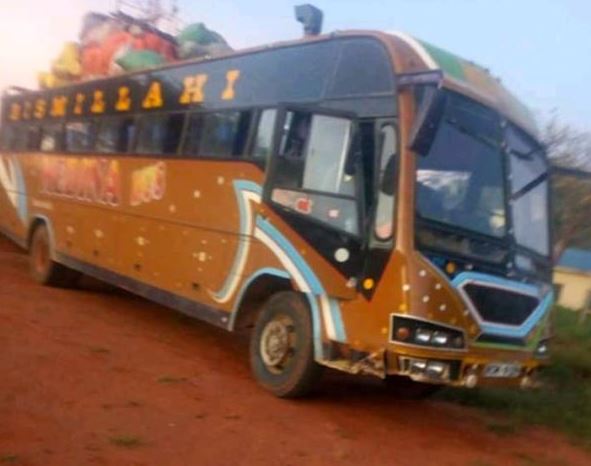×
The Standard e-Paper
Fearless, Trusted News

Josphat Kinyili, 28, was one of the lucky survivors of last week’s terror attack in Wajir that left eight dead.
The father of one had traveled to Wajir for the first time on November 22, after a man he met in Eastleigh offered him a job at a newly opened motorcycle garage up north.